Don Curry in the Baltic Sea
Nəşr edilmişdir: 30.07.2019
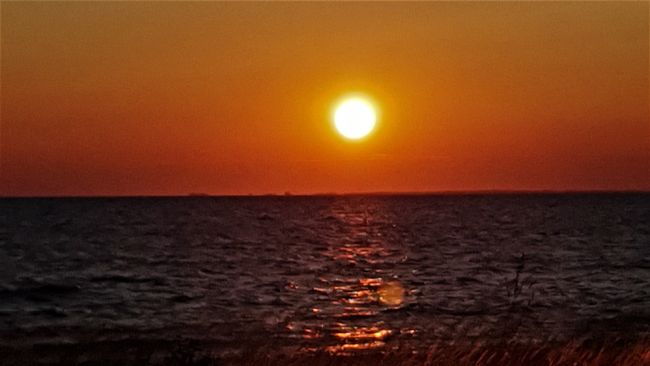
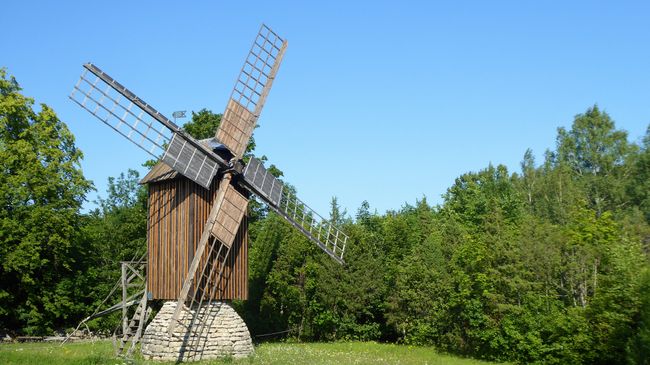
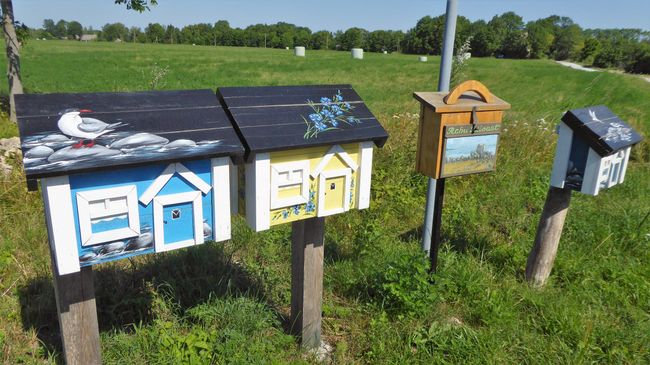
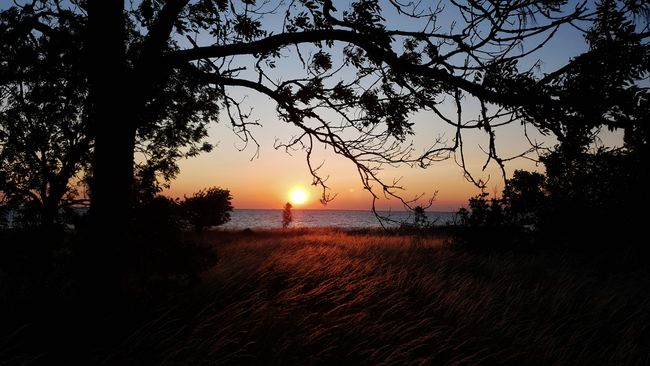
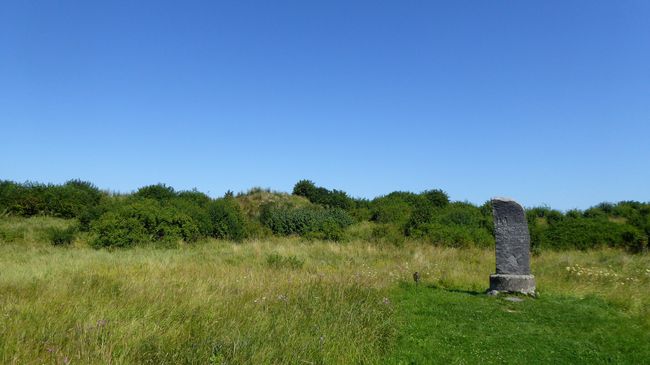
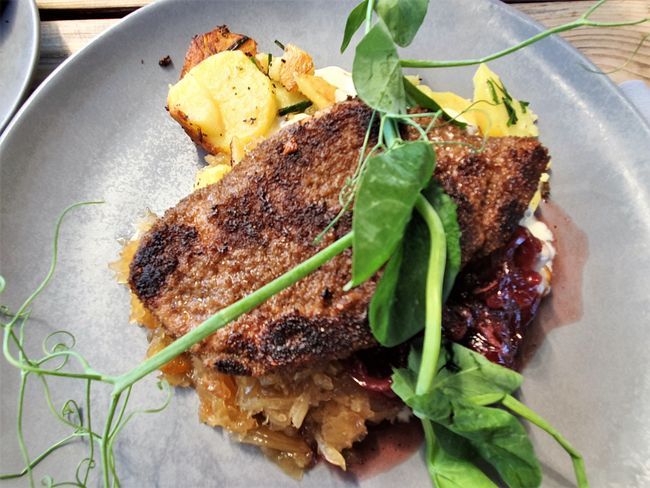
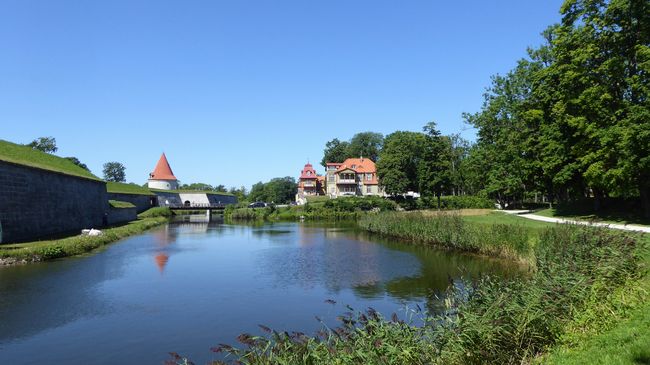
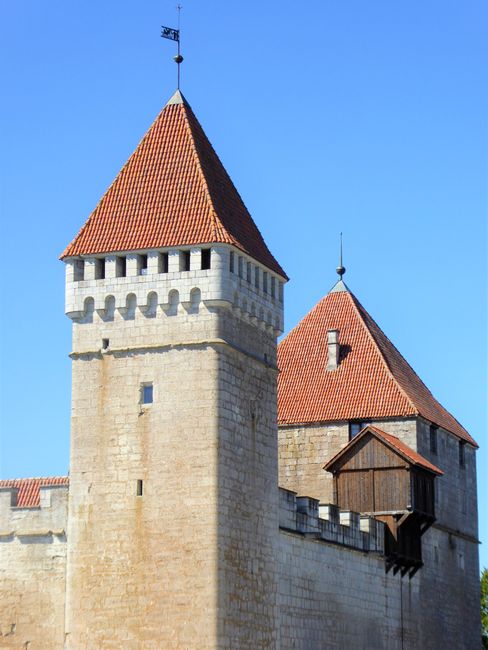
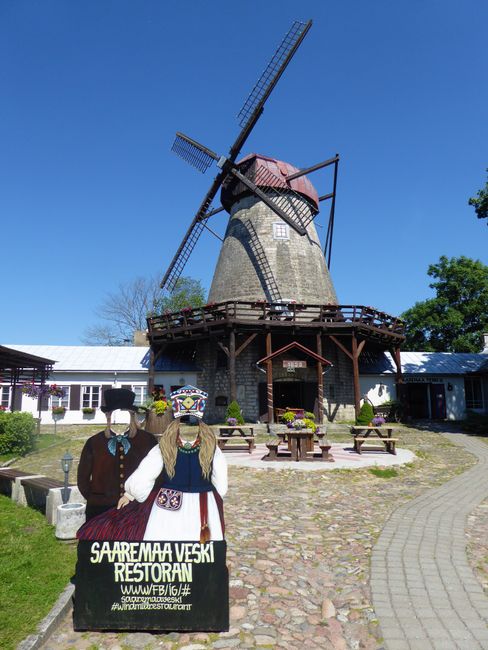
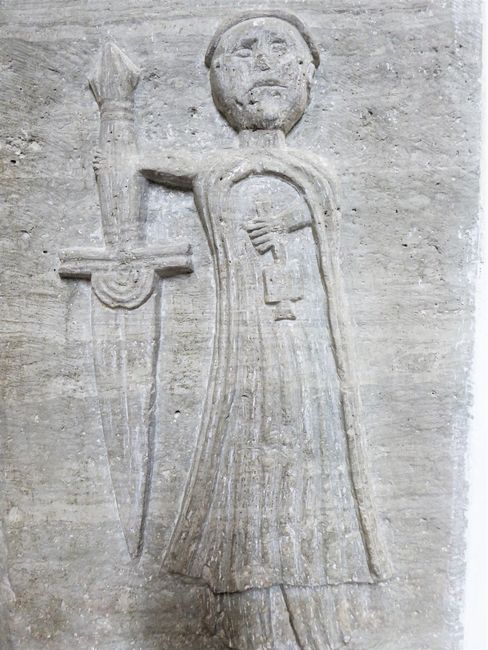
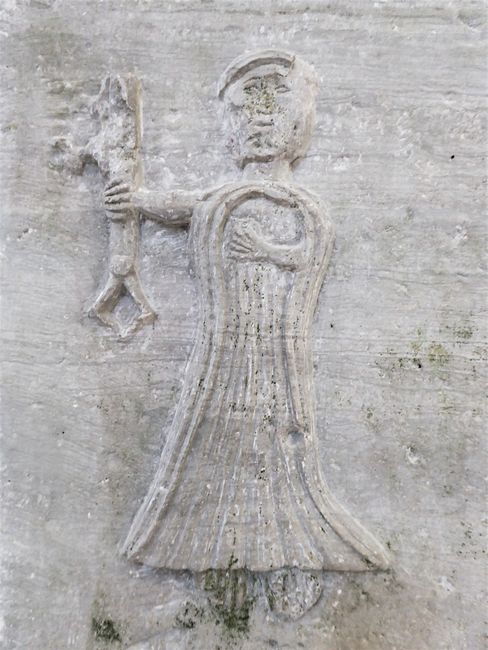
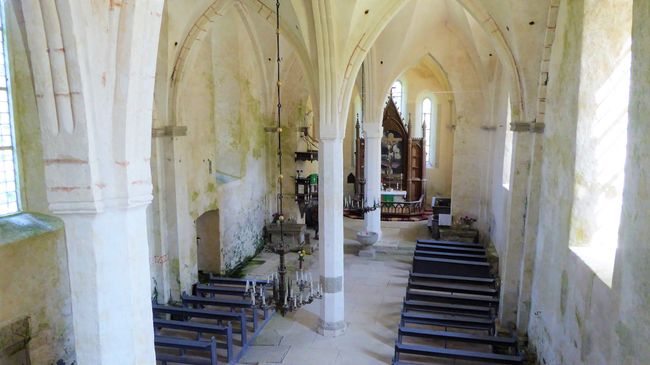
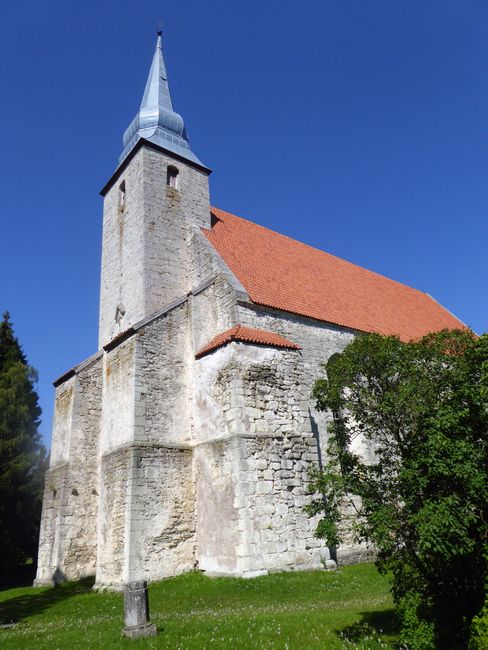
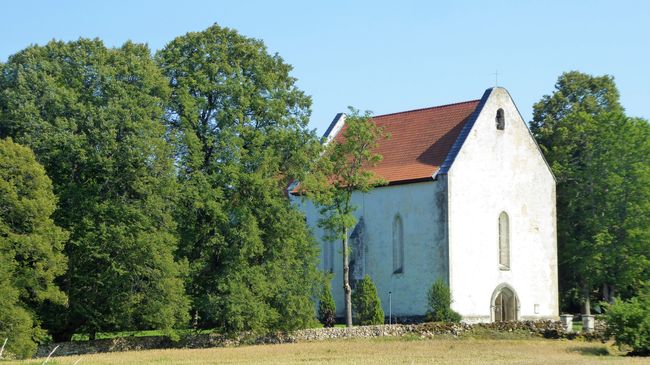
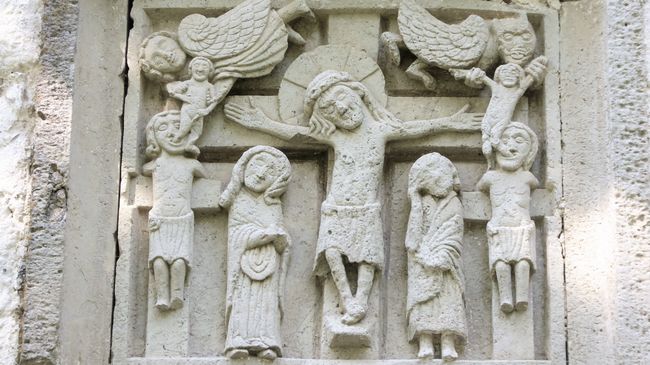
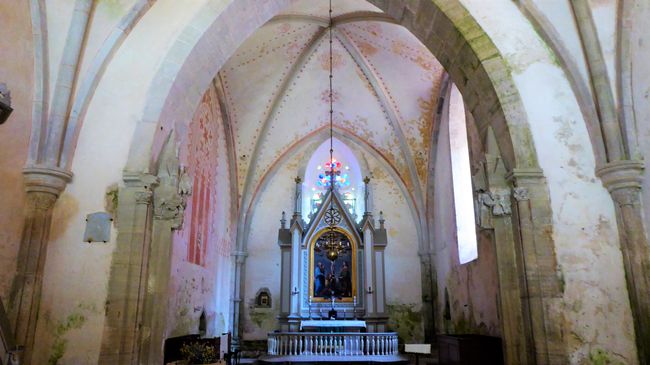
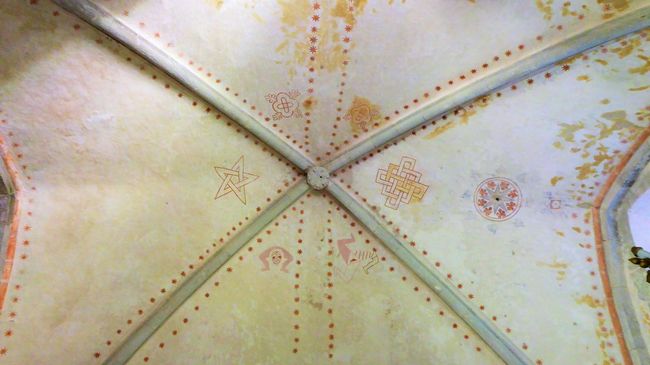
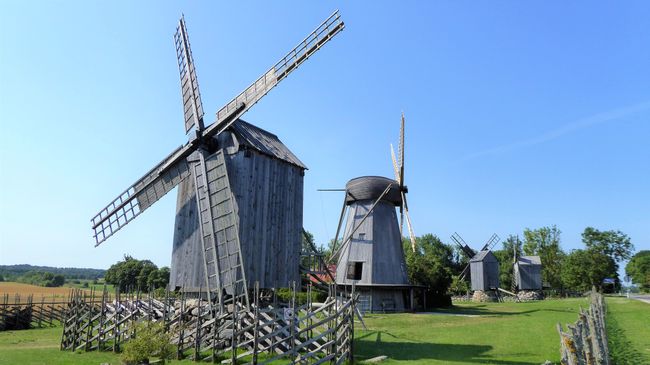
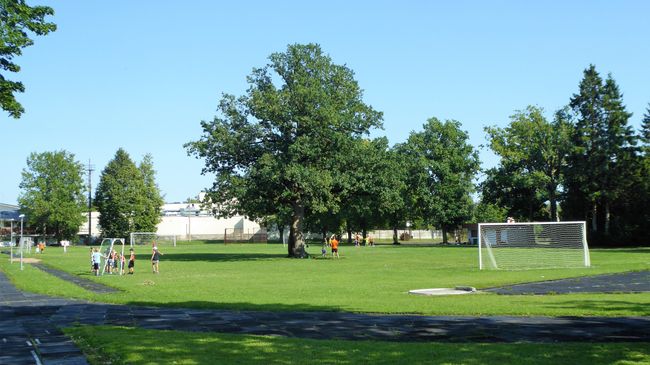
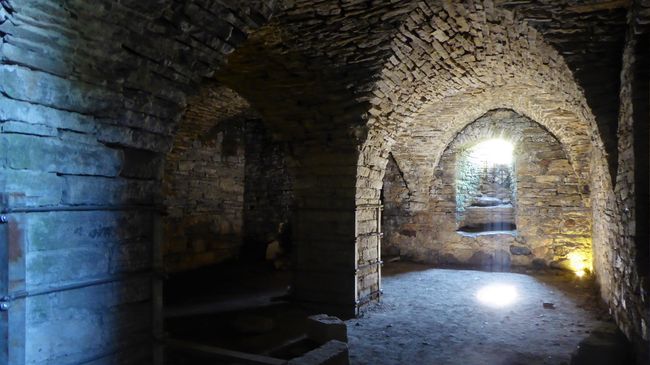
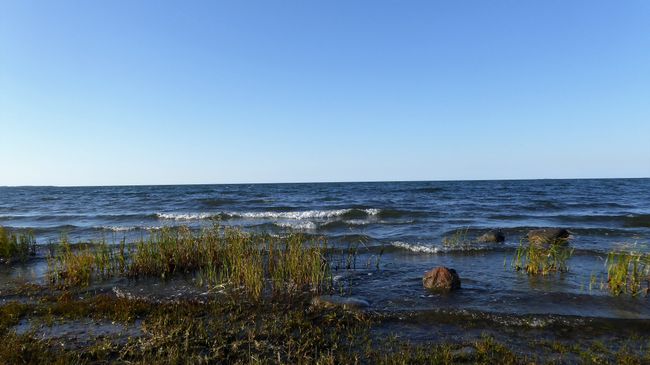
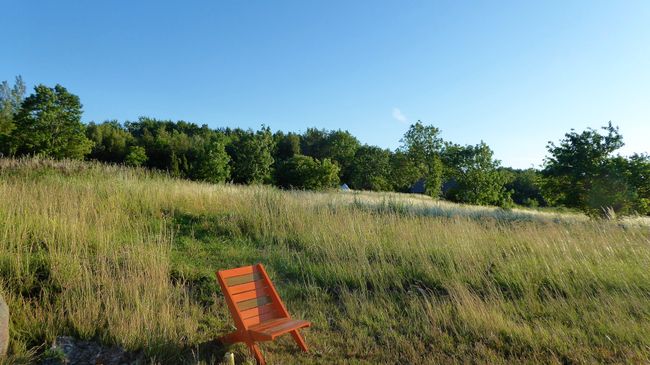
Bülletenə abunə olun
Don Curry is not afraid of water at all. Recently, he was lounging comfortably in the Dead Sea. And when he puts on a snorkel mask and dives into a tropical sea, he can easily stay in it for hours. But he would never tolerate a pure beach and bathing vacation. Although he can be tempted by the sea...

At around 4:30 a.m., something completely different lured him: the emerging brightness that began to fill his tent, woke Don Curry abruptly: sunrise. Since his glamping site was located on a miniature peninsula, he could wonderfully observe both the evening setting of the sun in the sea and its morning rise. But after taking a few photos, he quickly returned to the cozy double bed to get some more sleep.

He finally left his wonderful tent around 10:00 a.m., improvised with a 5 liter water canister for his morning hygiene, had a cinnamon roll for breakfast, and planned his day. The island of Muhu didn't have much to offer, but it is directly connected to the largest Estonian island, Saaremaa, by a causeway; and today, Don Curry wanted to explore a lot there.

After taking on the brutal access road to the glamping site, he still steered to the location of an old prehistoric fortress on Muhu, actually more of a mighty ring wall. From here, the pagan tribes had controlled trade with the mainland for centuries. This was also the scene of the last battle of the indigenous population against the knights of the Teutonic Order in 1227, who were then able to take possession of Estonia. A stone stele commemorates this historical turning point.


Passing by the still functioning mill of Muhu, he then drove to the significantly larger neighboring island of Saaremaa. Here, the Teutonic Order left behind a whole series of impressive buildings that document its long rule over the Baltics. The most impressive of them is undoubtedly the powerful Bishops' Castle of Kuressaare, formerly known as Arensburg.

This wonderfully restored fortress complex, located close to the Baltic Sea with wide water ditches, fortified outer walls, thick walls and towers, and the actual fortress building in the extensive castle courtyard, testifies to the Order's defensive capabilities, but also to its vulnerability to the Danes, Swedes, and Russians. Apart from the castle tower, which now serves as an island museum, everything was freely accessible, and Dun Curry enjoyed walking on the castle walls and the magnificent views of the Baltic Sea beach and the surrounding town.

In the town of Kuressaare, he also chose a restaurant for his lunch, the "Saaremaa Veski," an old windmill converted into a restaurant on 4 floors. However, the sunny weather of that day rather invited him to have an outdoor lunch on the terrace in front of the mill. Don Curry ordered a pork fillet in black bread crust with fried potatoes, a mixture of sauerkraut and cranberry red cabbage, and creamy chanterelle sauce, along with a house-brewed mill beer; he could have chosen from at least 10 craft beer bottles from Saaremaa or Muhu - Estonia is fully into the craft beer fever!
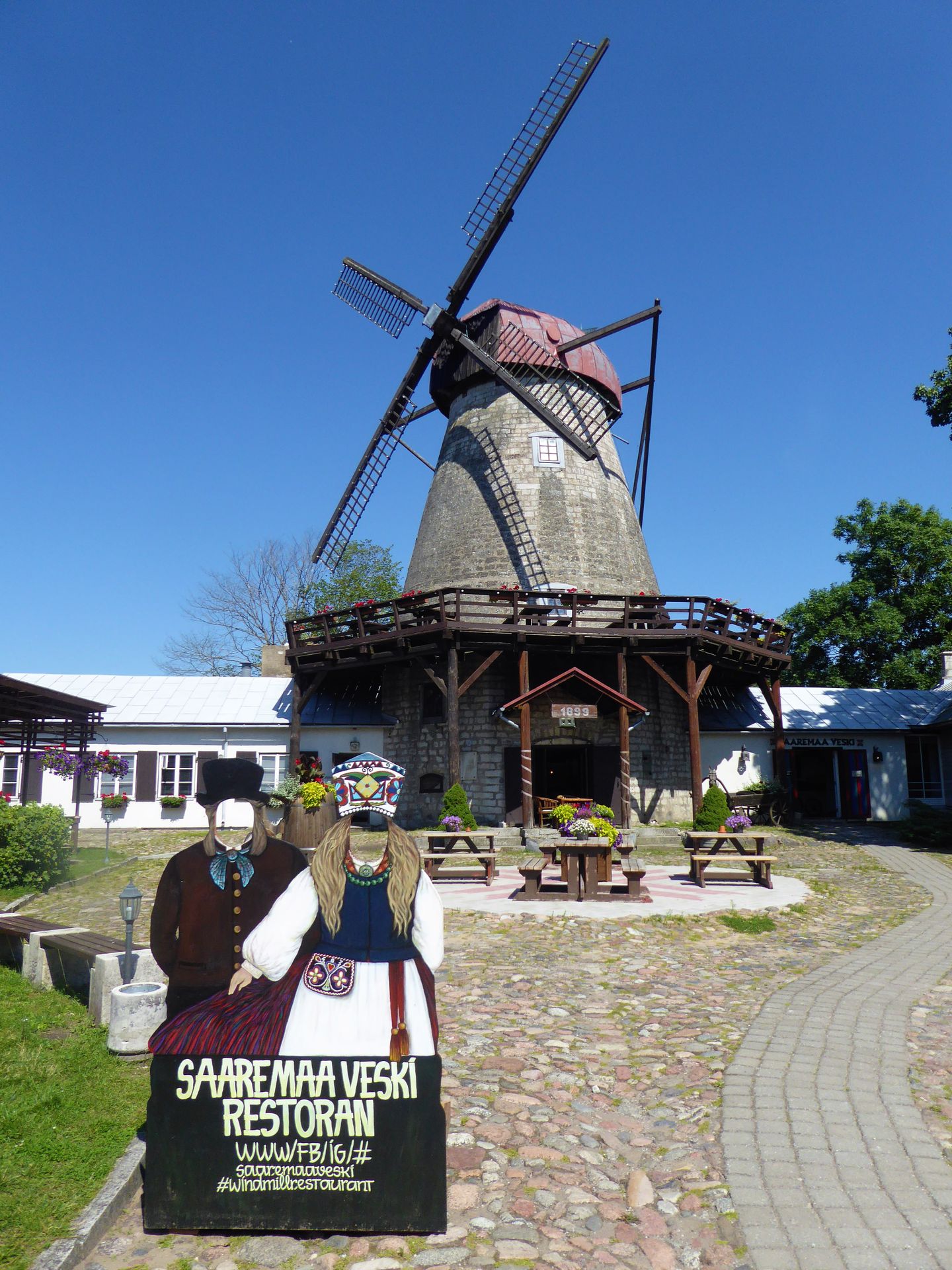

When leaving the island's capital, he picked up his dinner at the local Hesburger branch, and drove to the medieval St. Peter and Paul Church of Kaarma. Although the surprisingly large church could use extensive restoration work, it amazed Don Curry with old sculptures and fresco remnants on the walls.




The small St. Catherine Church of Karja from the 14th century was even more impressive. It had already undergone restoration and was therefore able to better present its treasures. Here, too, Don Curry was amazed by extremely artistic and original wall friezes and a well-preserved medieval painting on the vault in the choir area - partly with pagan symbols.




Don Curry also made a brief visit to three other places: the windmill hill of Angla with a total of 5, partially still functional old windmills, most of them in the typical Saaremaa style.

In Maasi, the ruins of an old order castle lured him. The vaults were freely accessible, although several signs warned about the possible collapse of the vaults.
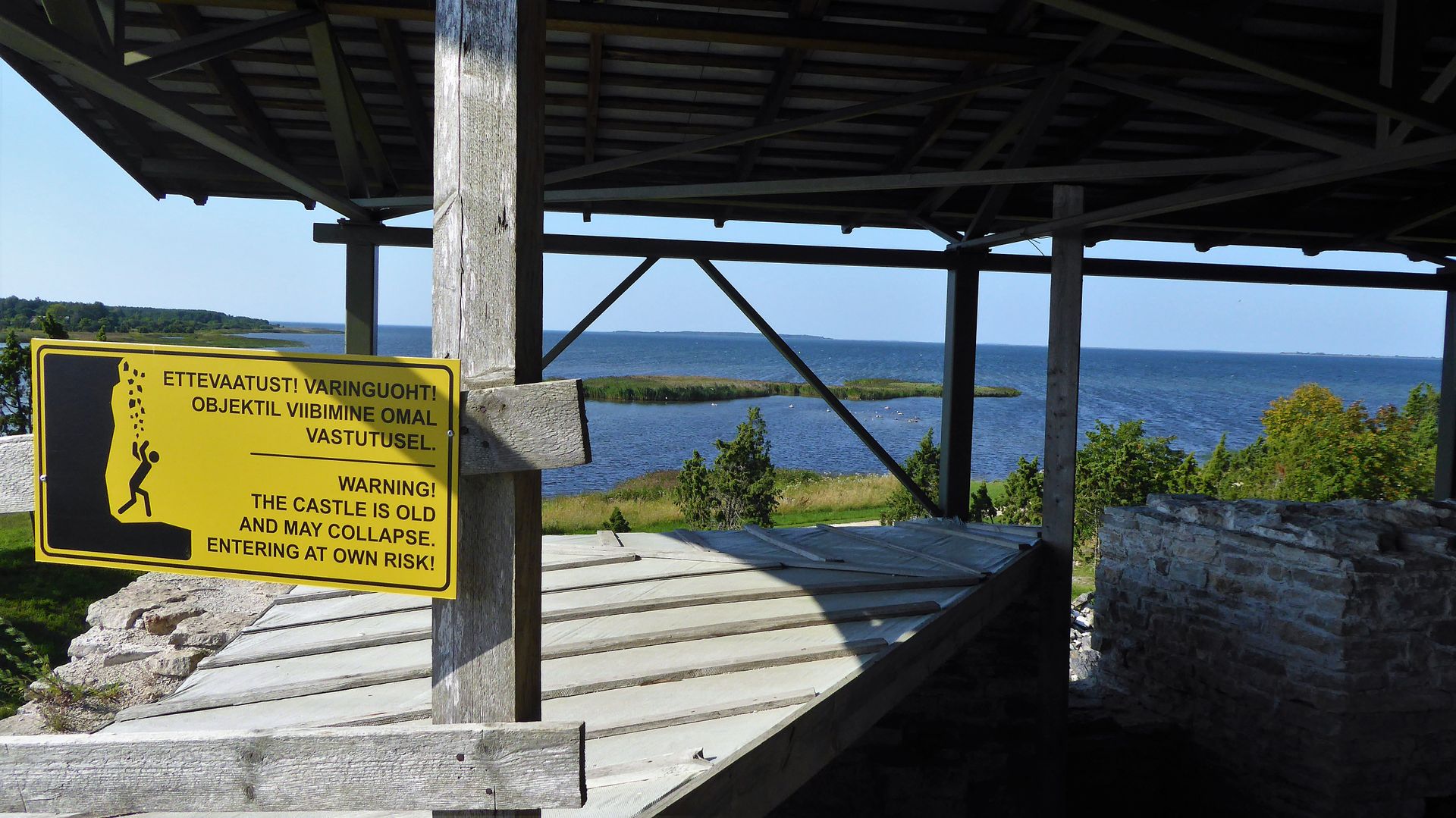

In Orissaare, he finally came across a famous oak tree with its own story: when a soccer field was to be created here, all the trees were cut down - including the old oak tree, which was supposed to be uprooted by tractors; but the tree was stronger - and still stands in the middle of the soccer field to this day. The game has to be played around it...

In the late afternoon, Don Curry finally returned to his little paradise for the time being. The sun was still shining extensively, and Don Curry decided to finally make use of the proximity to the sea and dive into the waves. However, this turned out to be more difficult than expected because after stepping into the sea for 30 meters on rocky ground, the water only reached his knees. He continued walking, then finally tried swimming, but had to give up after a few strokes because he kept touching the bottom.

The Baltic Sea was simply too shallow here, and the bottom was too unpleasant to continue walking on it. But at least: Don Curry was in the Baltic Sea...
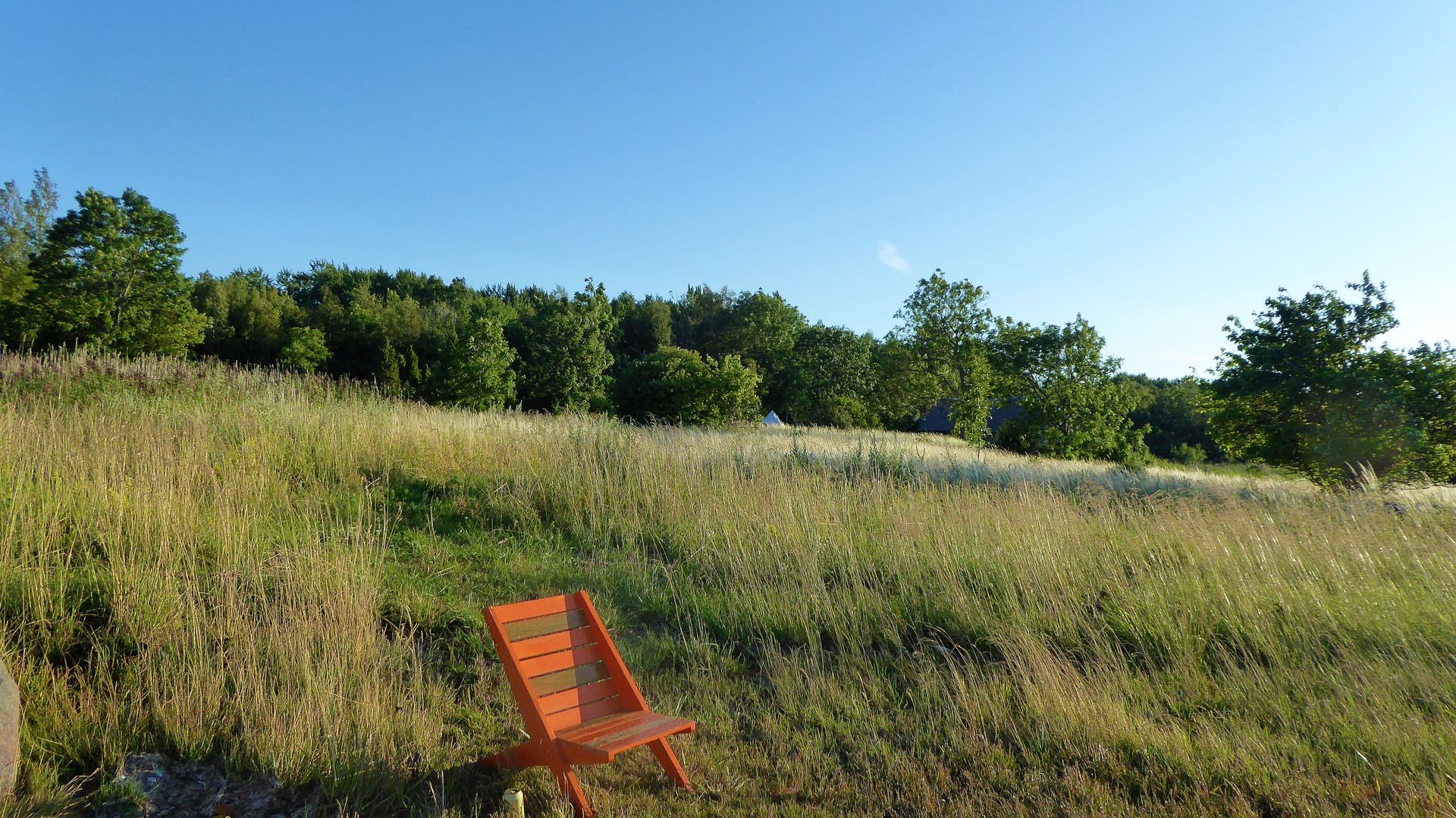
Bülletenə abunə olun
Cavab verin
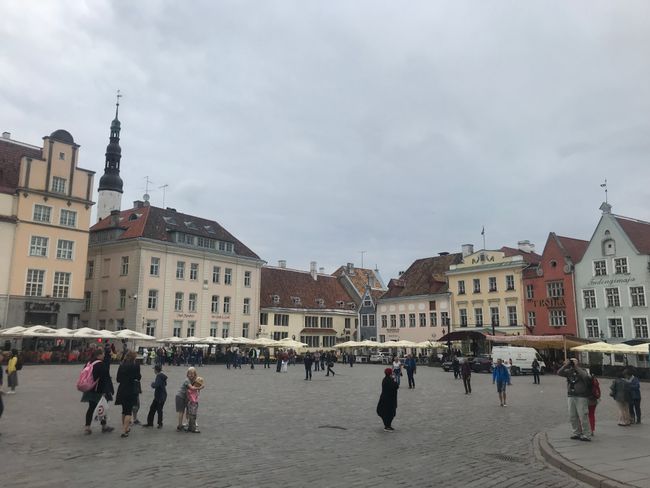
Səyahət hesabatları Estoniya

